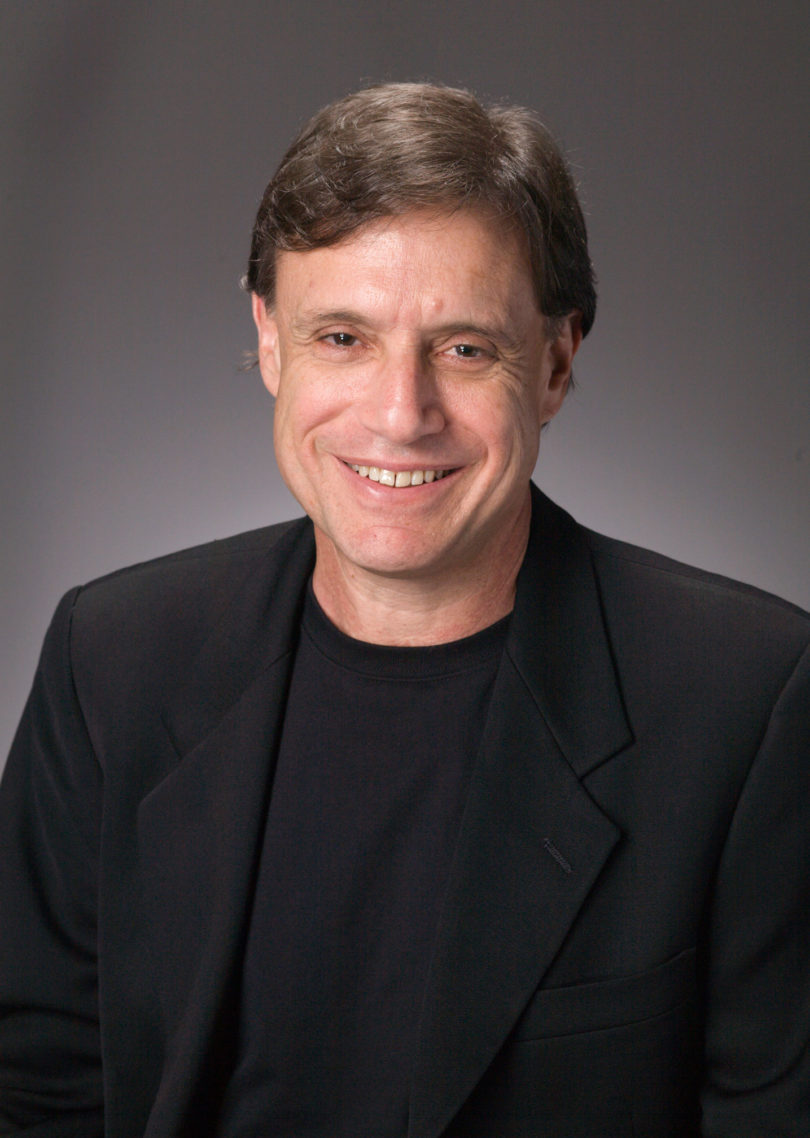Forty years ago, on an Native American reservation in southwest Arizona, Gene Brody’s career took shape.
As a young graduate student at the University of Arizona, Brody was sent to the Papago reservation west of Tucson on a research project funded by the Children’s Television Workshop, makers of Sesame Street.
For three years, Brody, who grew up in a working class family in the shadow of Hollywood, studied these children, whose realities differed greatly from his own. The experience had a profound impact on the young researcher.
“It made me appreciate how different children’s environments really shape how they think and what they believe,” Brody said. “And I brought all those experiences working with all those children with me to the University of Georgia.”
Brody showed up at UGA’s College of Family and Consumer Sciences in 1976, and the salesman’s son who grew up washing dishes, waiting tables and working in drugstores in California learned quickly he had to be self-reliant if he wanted to pursue the type of research that interested him.
The story, now famous, goes like this: Brody needed a tape recorder to record parent-child interactions for his research. He approached his department head, Betty Sheerer, who loaned Brody a broken one from her collection.
“She needed the others for her class, so I said, ‘OK, this means I have to go get some money to support my research,’ ” Brody said.
Since then, Brody, who became the 25th inductee into the FACS Honor Hall of Recognition at a ceremony in late February, has become one of the most prolific, grant-productive researchers in UGA history, having obtained more than $81 million worth of grants to conduct high-impact research in the area of child and family development.
In 1994, Brody became director of the Center for Family Research, which receives more than $30 million in external funding to conduct various programs such as the Strong African American Families program. This program and others now are used in cities around the country.
“He used to say ‘Think about where the field will be in five to 10 years and write that now,’ “said Anita Brown, associate director of the center. “His grant proposals always are so forward thinking, just a step ahead of where everybody else is with behavioral science. He’s so visionary.”
The visionary tag is one that is often applied to Brody.
“He is a man of ideas,” said Jay Mancini, head of the human development and family science department. “And not just ideas-he makes things happen, for sure. But he’s excellent at conceptualizing what the key issues are related to children, youth and families. I think he’s one of those guys who makes other people better, whether they’re students or other faculty members.”
Brody attributed much of this well-earned reputation as a forward thinker in the field to his passion for learning. He reads widely on the subject, both scientific and popular press items, and simply interacts with people “from different walks of life” to get a better feel for where the science might be heading.
“From all of this, I get an intuition about the challenges people face and that helps me project where the science is going to be in five years and I try to propose it now,” Brody said. “We have a basic philosophy that we want to lead the field. We pride ourselves on being innovators in human development and family science, and we want to move the field forward because if we can do that, it’ll trickle down and benefit children and families.”
His colleagues agree that Brody has.
“If you look at his research, he does what I would call consequential research,” Mancini said. “It’s not just sort of interesting. It’s research that makes a difference, and I think that’s really the mark of good scholarship.”
Brody also has drawn praise for his gifts as a teacher. In 1983, he began teaching a class called “Development Within the Family” to 30 students. Twenty years later, he was teaching the same class three times a year to more than 300 students each session.
Eventually, more than 10,000 UGA undergraduates took the course from Brody.
“I always felt like when I walked into a classroom, I owed these people the best I could give,” Brody said.
While Brody’s research and professional success is noted widely, equally regarded is his reputation as a kind, compassionate colleague, boss and mentor.
Brody now serves as co-director of the CFR, which has 25 full-time and 60 part-time employees.
He said he is humbled to be inducted into the FACS Honor Hall of Recognition, established in 1980 with the induction of Mary Creswell, the college’s first dean.
“When Dean Fox told me, I was flabbergasted,” he said, smiling. “I went around the table and gave her a big hug. There are several people on that wall (of recognition) that I have such great respect for and to think that I could be a part of that tradition means a lot to me.”








